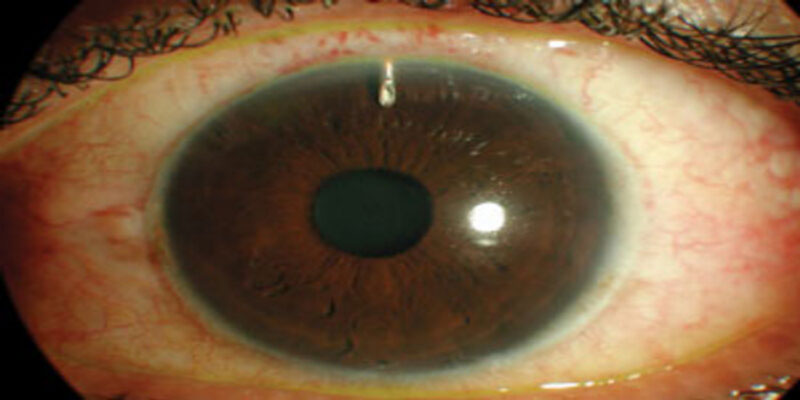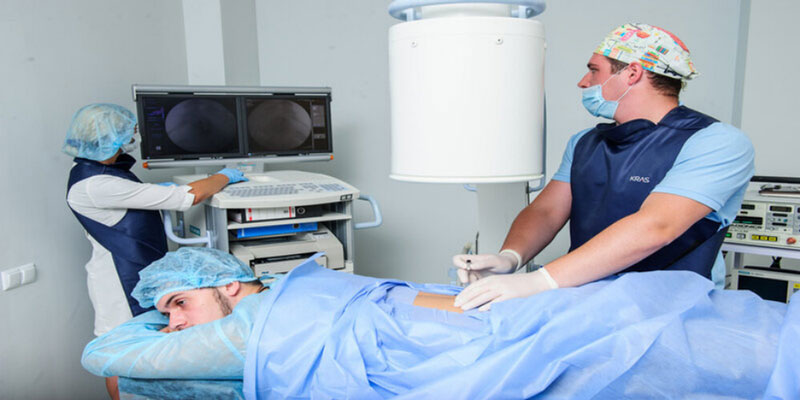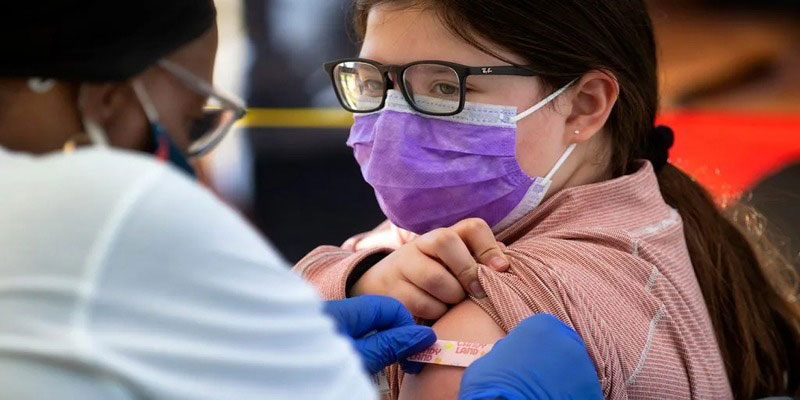Routine eye exams are essential. When you reach the age of 40, you should schedule your first comprehensive eye exam. Vision abnormalities and eye diseases often have their first symptoms appear around this age. Depending on the results of this test, your eye doctor will advise you on how often you need future examinations. See an eye doctor to figure out how frequently you need to get examinations if you have high-risk factors for glaucoma, including, but not limited to, diabetes, hypertension, or a predisposition to glaucoma in one's family.
What Is Trabeculectomy?
Surgical treatment of open-angle glaucoma is the norm. It takes less than an hour and is performed in a hospital setting. The surgeon will make a little incision in the cornea at the top of your eye. The incision will be made beneath your eyelid, out of sight. This slit enables the excess fluid in your eye to drain, reducing intraocular pressure. You will get numbing medication and medication to help you relax, but you will be awake throughout this procedure. In most cases, you'll be able to go home the same day, but you'll need to arrange a ride.
What Is Surgery For Glaucoma Implants?

This surgery has the potential to treat a number of different types of glaucoma, including congenital, neovascular, and damage-induced forms. The entire process in a medical facility usually takes a few hours. During this treatment, a tiny tube (also known as a "shunt") will be surgically placed into the white in your eye. The ocular pressure is lowered when the surplus fluid drains via the tube. Although you will receive anesthetics and sedatives, you will be fully conscious throughout the process. Even if you need to organize transportation, you may usually return home the same day.
What Exactly Is Minimally Invasive Glaucoma Surgery?
Minimally invasive glaucoma surgery is an innovative option your doctor may suggest if your glaucoma is moderate (MIGS). This method reduces intraocular pressure but is less invasive, has fewer adverse effects, and promotes quicker healing. Check with your eye doctor to see whether MIGS is viable since there are many variations.
What Occurs After Surgery?
You'll need to take the eye drops your doctor prescribes for many weeks to reduce inflammation and avoid infection. It would be best if you only used these glaucoma eye drops. The healing process might take anywhere from 2 weeks to 4 weeks, during which time you should avoid heavy lifting and other strenuous activities. Your doctor will want to see you often to check on your healed eye. Adherence to your eye doctor's post-surgical recommendations is crucial after undergoing glaucoma surgery. The specifics of these directions will be tailored to your unique case and the sort of surgery you've undergone.
Will You Have To Have Surgery Again?

The advantages of surgery may be long-lasting for certain patients. For others, though, the eye's natural drainage channel continues to narrow, necessitating further surgical intervention. Check your eye pressure regularly at the doctor's office. If more care is required, your doctor can respond quickly. About seven out of ten persons with a trabeculectomy see a reduction in ocular pressure. Those with no previous eye surgery or injuries may benefit most from it. Future glaucoma surgery may include recurrent procedures. This is possible if your glaucoma does not respond to therapy or if you need further surgery to lower your intraocular pressure (IOP). Several variables, including the nature of glaucoma, the kind of surgery used, and the patient's reaction to therapy, will determine whether or not a second operation will be necessary.
Conclusion
Glaucoma is a collection of eye disorders that may cause vision loss due to optic nerve damage but can be treated with one of many surgical procedures. The kind of glaucoma and the severity of the disease will determine which surgical procedure is recommended. In certain cases, glaucoma surgery may successfully lower IOP and halt or decrease the course of the illness. However, it is only sometimes effective and may not be able to bring back lost eyesight. There are situations when more than one operation is required. Consultation with an ophthalmologist about the advantages and disadvantages of surgery is essential.




